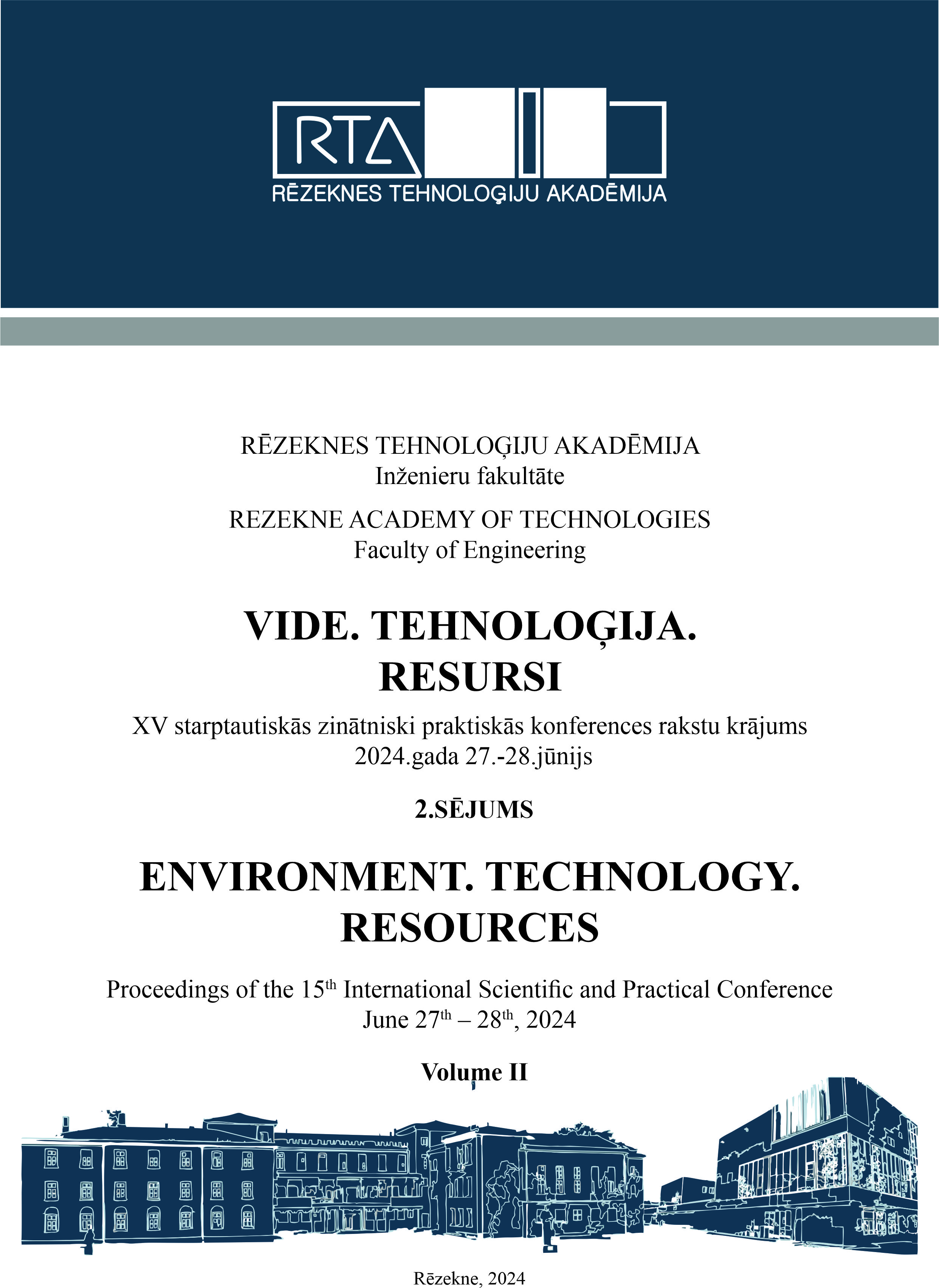READINESS OF THE FUTURE PRESCHOOL AND PRIMARY EDUCATION SPECIALISTS TO FORM THE FOUNDATIONS OF CHILDREN’S CYBER SECURITY
DOI:
https://doi.org/10.17770/etr2024vol2.8087Keywords:
educational process of primary school, junior schoolchildren, educational process of preschool education institution, media literacy, information culture, innovative BYOD technologyAbstract
In connection with the digitization of the educational process, the need for the development of critical thinking of children of senior preschool and junior school age, the development of the ability to use information in any form, to communicate, and to be aware of the consequences of interaction in the digital world is increasing. The article found out that the training of the future preschool and primary education specialists should include the formation and development of methodological competence of students in order to develop in children of preschool and junior school age the ability to protect themselves, their information and privacy on the Internet, the ability to be friendly and brave on the Internet, formation of serious attitude to privacy and security. The experimental research has been conducted, the respondents of which were bachelor’s degree students of the specialty 012 Preschool Education and 013 Primary Education of Vinnytsia Mykhailo Kotsiubynskyi State Pedagogical University. The following approaches and technologies for forming the ability of the future preschool and primary education specialists to form the basics of cyber security for preschool and primary school children have been highlighted: the problem-based approach, BYOD technology (“bring your own device”), the method of “flipped learning”. The results of the approbation with bachelor’s degree students of the speciality 012 Preschool Education and 013 Primary Education of the educational guide on children’s security on the Internet, developed by Google in cooperation with The Net Safety Collaborative and the Internet Keep Safe Coalition and evaluated by the Scientific Center “Crimes Against Children” of the University of New Hampshire, have been given.
Downloads
References
A. Ciarko, and A.Paluch-Dybek, (2021). The importance of digitalization in the education process. In E3S Web of Conferences (Vol. 307, p. 06002). EDP Sciences.
AOtterborn, B. Sundberg, and K. Schönborn, (2024). The impact of digital and analog approaches on a multidimensional preschool science education. Research in science education, 54(2), 185-203.
C. Choiriyah, (2021). Science literacy in early childhood: Development of learning programs in the classroom. Indonesian Journal of Early Childhood Education Studies, 10(2), 136-142.
Y. L. R. Chassiakos, J. Radesky, D. Christakis, M.A. Moreno, and C. Cross, (2016). Children and adolescents and digital media. Pediatrics, 138(5), e20162593. https://doi.org/10.1542/peds.2016-2593
F.Martin, T. Gezer, J. Anderson, D. Polly, and W. Wang, (2021). Examining parents perception on elementary school children digital safety. Educational Media International, 58(1), 60-77.
Q. Li, (2006). Cyberbullying in schools: A research of gender differences. School Psychology International, 27(2), 157–170. https://doi.org/10.1177/0143034306064547
Downloads
Published
Issue
Section
License
Copyright (c) 2024 Oleksandra Shykyrynska, Valentyna Liapunova, Olha Melnykova, Kateryna Mnyshenko, Tetiana Petryshyna

This work is licensed under a Creative Commons Attribution 4.0 International License.


